Introduction: The Quest for Passion
In the modern world, the transition from education to employment can often feel daunting for many young graduates. This sense of uncertainty is particularly pronounced in diverse cultural contexts, such as Morocco, where societal expectations significantly influence individual career paths. Young individuals frequently face pressure to secure stable and lucrative positions, leading to a conflict between societal approval and personal aspirations.
In Morocco, the cultural landscape is a tapestry woven with intricate threads of tradition and modernity. Graduates enter a job market that can be both promising and perilous, navigating the expectations of family and society while grappling with their own identities. This environment breeds a unique kind of anxiety, often leaving young adults questioning their chosen paths and their true passions. The pressure to conform to established norms can overshadow personal interests and lead to a disconnect between what is expected and what is genuinely desired.
Ali, like many of his peers, found himself at a crossroads after completing his education. The initial excitement of obtaining a degree quickly morphed into uncertainty regarding the next steps. The conventional route of securing a reliable job seemed at odds with his yearning for exploration and self-discovery. As he embarked on a journey across Morocco, Ali was poised to confront these challenges head-on. His story embodies a broader narrative shared by many young individuals who seek to align their careers with their passions in a world that often prioritizes stability over fulfillment.
This blog post will delve into Ali’s transformative experiences, shedding light on the intricate process of self-discovery that accompanies the quest for passion. His journey through the rich cultures and landscapes of Morocco offers a window into the universal struggle of finding one’s place in a rapidly changing world.
Meet Ali: A Young Graduate’s Dilemma
Ali, a recent graduate from a prominent university in Morocco, embodies the aspirations and challenges faced by many young individuals today. He achieved remarkable academic success, holding a degree in Business Administration, complemented by various internships in esteemed companies. Despite his impressive credentials, Ali finds himself at a crossroads, grappling with the overwhelming choices that lie ahead of him.
Initially, Ali envisioned a clear path, one where he would seamlessly transition into a fulfilling career. However, the reality is far more complex. As he ventures into the job market, Ali is confronted by a multitude of options, each accompanied by its own set of advantages and drawbacks. This abundance of choice, rather than providing clarity, has bred a sense of disillusionment. Ali is acutely aware of the pressures surrounding him, as friends secure lucrative positions, while he remains uncertain about what direction to pursue.
Moreover, Ali’s personal interests further complicate his situation. A passionate traveler and an avid photographer, he has a desire to explore creative avenues that align with his hobbies. However, societal expectations often emphasize traditional career paths, leaving him torn between following a potentially lucrative job or embarking on a pursuit of passion. The tension between financial stability and personal fulfillment weighs heavily on his mind.
In this period of transition, Ali experiences moments of frustration and introspection. He questions whether he truly understands his own desires, and whether he should conform to societal norms or carve out his own unique path. As he navigates through this journey of self-discovery, Ali must confront the uncertainties that define this pivotal stage in his life, ultimately seeking to find a balance between reality and ambition.
The Arrival of Lila: A Mentor’s Touch
In the vibrant landscape of Morocco, Ali’s path to self-discovery took a significant turn with the arrival of Lila, a seasoned career coach from the UK. Lila brought with her a wealth of experience, having guided numerous young professionals through the complexities of career development. Her background in psychology and coaching equipped her with the tools necessary to navigate the challenges faced by individuals in pursuit of their passions.
Lila’s approach to mentoring is characterized by empathy and insight, allowing her to connect deeply with her mentees. She understands that the journey to finding one’s passion can often be fraught with uncertainty, particularly for young professionals like Ali. In her initial meeting with Ali, Lila took the time to listen attentively to his experiences, challenges, and aspirations. She created a safe space for open dialogue, encouraging him to articulate not only his fears but also his dreams.
What sets Lila apart is her unique perspective on career coaching, informed by her own diverse experiences in various sectors. She leverages her international background to help Ali and others recognize that the struggles they face are not isolated but rather part of a broader narrative in the global workforce. By sharing stories of her past clients, Lila instilled a sense of possibility in Ali, demonstrating that with the right guidance and support, he could carve out a fulfilling career aligned with his passions.
Through mentorship, Lila empowers Ali to explore his strengths and interests, emphasizing the importance of self-awareness in the career decision-making process. As they embarked on this transformative journey together, Ali found reassurance in Lila’s expertise and compassion, paving the way for his path toward self-discovery.
Self-Exploration Exercises: The Journey Begins
Self-exploration is an essential phase in the journey of self-discovery, particularly for individuals like Ali, who are seeking clarity on their strengths, interests, and values. Lila, as a mentor, employs a range of self-exploration exercises designed to guide Ali in this reflective process. Each exercise serves a unique purpose, ultimately contributing to a comprehensive understanding of Ali’s identity.
One of the primary exercises is the “Values Clarification” activity. During this exercise, Ali is encouraged to identify and prioritize his core values. By listing what matters most to him—such as family, adventure, or creativity—Ali gains insight into what drives his decisions and passions. This exercise helps him align his future goals with his intrinsic motivations, fostering a clearer sense of purpose.
Another pivotal self-exploration tool is the “Strengths Inventory.” In this exercise, Ali reflects on past experiences, both personal and professional, to pinpoint his strengths. This reflection may include moments of success or instances where he felt proud of his contributions. Recognizing his skills, whether they involve leadership, empathy, or problem-solving, empowers Ali to see his potential, thus aiding in the identification of career paths and hobbies that resonate with him.
Additionally, Lila introduces the “Interest Mapping” technique, where Ali charts his interests across various domains. This visual representation allows him to see connections between activities he enjoys and potential opportunities in life, which may further develop his sense of self-awareness.
These structured self-exploration exercises reflect Lila’s methodical approach to mentorship, creating a supportive environment where Ali can embark on his journey of self-discovery. Through introspection and guided reflection, Ali begins to understand himself better, paving the way for a more passionate and fulfilling life in Morocco.
Ali’s Interests Uncovered: A New Perspective
During his time in Morocco, Ali embarked on a journey of self-discovery that prompted him to engage in various activities, each yielding insights into his true interests. Previously constrained by expectations and societal norms, Ali found himself liberated to explore different facets of his identity. These explorations led him to unexpected passions. While participating in local workshops, he discovered a profound interest in traditional Moroccan crafts. The intricate artistry involved in pottery-making captivated him, and he was drawn to the meditative nature of molding clay. This craft not only offered a creative outlet but also opened avenues for potential future pursuits related to design and craftsmanship.
In addition to the arts, Ali began volunteering with environmental groups that focused on local conservation efforts. This experience ignited a passion for sustainability and environmental advocacy. His love for nature had always been a background theme in his life, but it became prominent as he contributed to green initiatives. Working alongside activists inspired him to consider a career in environmental science or policy, reflecting how personal interests could intertwine with impactful professions. The thrill of being part of a cause larger than himself was exhilarating and fueled a newfound enthusiasm for contributing to society.
Ali also delved into culinary experiences, finding joy in the vibrant flavors and cooking techniques of Moroccan cuisine. Experimenting in the kitchen helped him discover an interest in culinary arts which he never anticipated. This reconnection with food resonated on multiple levels, highlighting his appreciation for culture and creativity. The excitement he began to feel was palpable, as each interest he uncovered, whether in arts or advocacy, signified a pivotal moment in his journey of self-exploration. These realizations confirmed to Ali that pursuing his newfound passions could indeed lead to fulfilling career paths that aligned with his true self.
Strengths Realized: Building Confidence
Throughout Ali’s transformative journey in Morocco, a pivotal aspect emerged: the realization of his personal strengths. For many individuals, recognizing inherent abilities can often be a challenging endeavor, laden with self-doubt and external expectations. However, set against the backdrop of Morocco, Ali began to uncover skills and attributes he had previously overlooked. This self-discovery was not only enlightening but also empowering, offering him a newfound perspective on his potential contributions in the professional realm.
Central to this awakening was the influence of mentorship. Established mentors in his field played a significant role in helping Ali identify his strengths, encouraging him to embrace them as valuable assets. Through constructive feedback and support, he learned how to leverage these strengths in various contexts, which contributed to building his self-confidence. Personal interactions often led to heeding wisdom from experienced professionals, showcasing the importance of collaboration and guidance in any journey of self-improvement.
Moreover, the connection between recognizing one’s strengths and opening new avenues of opportunity cannot be overstated. As Ali began to acknowledge his skills, he found himself more adept at engaging in conversations that could lead to significant career advancements. The confidence he cultivated allowed him to approach potential challenges with a positive mindset, transforming obstacles into stepping stones. Each realization reaffirmed his path, reinforcing the narrative that self-awareness is crucial in navigating one’s professional landscape.
In this pursuit of self-discovery, Ali learned that recognizing strengths is not merely a passive act; it requires action, reflection, and ongoing engagement with one’s environment. As he harnessed this awareness, he not only built self-confidence but also filtered opportunities, directing his aspirations toward fulfilling paths. The journey of discovering and leveraging personal strengths thus became a cornerstone of Ali’s evolving narrative, illustrating a vital component in the broader journey of self-discovery in Morocco.
Carving a Path: Setting Goals and Taking Action
As Ali embarks on his journey of self-discovery in Morocco, he recognizes the significance of setting tangible goals that align with his interests and passions. The insights gained from his experiences prompt him to create a personal roadmap, one that not only reflects his aspirations but also incorporates actionable steps necessary for achieving them. This proactive approach is vital; it transforms his abstract ideas into feasible plans that guide him toward a fulfilling career.
Initially, Ali engages in introspection, evaluating his core values and interests. He understands that clarity in these areas is essential for effective goal-setting. By writing down his thoughts, he identifies key themes that emerge from his reflections, such as his passion for cultural exchange, education, and community engagement. With these themes established, Ali sets SMART goals—specific, measurable, achievable, relevant, and time-bound. This framework becomes instrumental in structuring his aspirations, making them not only more tangible but also more attainable.
Next, Ali outlines actionable steps required to reach each goal. He recognizes that taking action is crucial; without it, his goals remain mere dreams. Whether it involves volunteering with local organizations, taking language classes to enhance communication skills, or networking with professionals in his desired field, he ensures that every step aligns with his overarching objectives. This proactive stance empowers him to make progress, reinforcing his commitment and enthusiasm as he moves forward.
Moreover, Ali acknowledges the importance of flexibility within his roadmap. He understands that self-discovery is rarely a linear process. As he takes action, he remains open to new opportunities and feedback, ready to reassess and adjust his goals as needed. This adaptability allows him to navigate challenges and embraces growth as an integral part of his journey, ultimately leading him closer to a fulfilling career path aligned with his passions.
Challenges and Resilience: Overcoming Obstacles
As Ali embarked on his transformative journey in Morocco, he soon encountered an array of challenges that tested his resolve and commitment to self-discovery. Venturing into unfamiliar territories, both literally and metaphorically, presented him with profound doubts about his capabilities and aspirations. The weight of external pressures became increasingly palpable, as societal expectations loomed large over his pursuit of passion. Family opinions, coupled with traditional norms, often made Ali question the validity of his choices.
Moments of failure added to the complexity of his experience. Each setback, whether it stemmed from a failed project or a misstep in the exploration of his interests, threatened to derail his burgeoning ambitions. Such occurrences highlighted the intricate dance between hope and despair that many young adults navigate when faced with the pursuit of their true selves. The fear of not meeting his own expectations, combined with the anxiety of disappointing loved ones, loomed large in Ali’s mind.
However, amid these trials, Ali discovered the significance of resilience. He began to cultivate an inner strength that propelled him forward. This resilience, characterized by perseverance and adaptability, allowed him to approach challenges with a new perspective. Embracing failure as a learning opportunity rather than a definitive endpoint became a pivotal facet of his journey. Each stumble ultimately fortified his determination, igniting a renewed sense of purpose in the face of adversity.
In his quest for passion, Ali learned that obstacles, while daunting, often serve as catalysts for growth. The interplay of challenges and resilience became a central theme in his narrative, reflecting the reality many young individuals face as they strive to carve their unique paths in life. With each hurdle, Ali gained deeper insights into himself and the world around him, slowly transforming his vulnerabilities into sources of strength.
Conclusions: The Impact of Mentorship and Self-Discovery
Ali’s journey through Morocco serves as a poignant reminder of the profound impact that mentorship can have on an individual’s path to self-discovery. Throughout his experiences, Ali encountered various mentors who were instrumental in guiding him toward his true passion. These mentors not only provided practical advice but also imparted wisdom that resonated deeply with Ali’s personal aspirations. Their influence highlights the critical role that mentorship plays in shaping one’s career and personal development, particularly for young professionals navigating the complexities of their futures.
Moreover, Ali’s story underscores the importance of self-discovery in the quest for fulfillment. Engaging with new cultures and ideas allowed him to reflect on his values, strengths, and aspirations. This introspection enabled Ali to identify what he truly enjoyed and wanted to pursue. The idea that self-discovery is a continuous journey rather than a final destination is essential. Young professionals, whether in Morocco or elsewhere, should embrace opportunities for exploration, as each experience contributes meaningfully to their understanding of self.
Ali’s experiences resonate with a broader audience, serving as an inspiration for individuals who may feel uncertain about their career paths. His journey illustrates that seeking out mentors and being open to new experiences can lead to transformative learning and growth. In today’s rapidly changing world, fostering personal connections and seeking guidance from those who have walked similar paths can be invaluable. By emphasizing self-exploration, Ali not only found his passion but also encouraged others to embark on their own journeys, reinforcing the belief that the pursuit of one’s passion is a vital endeavor for all young professionals.



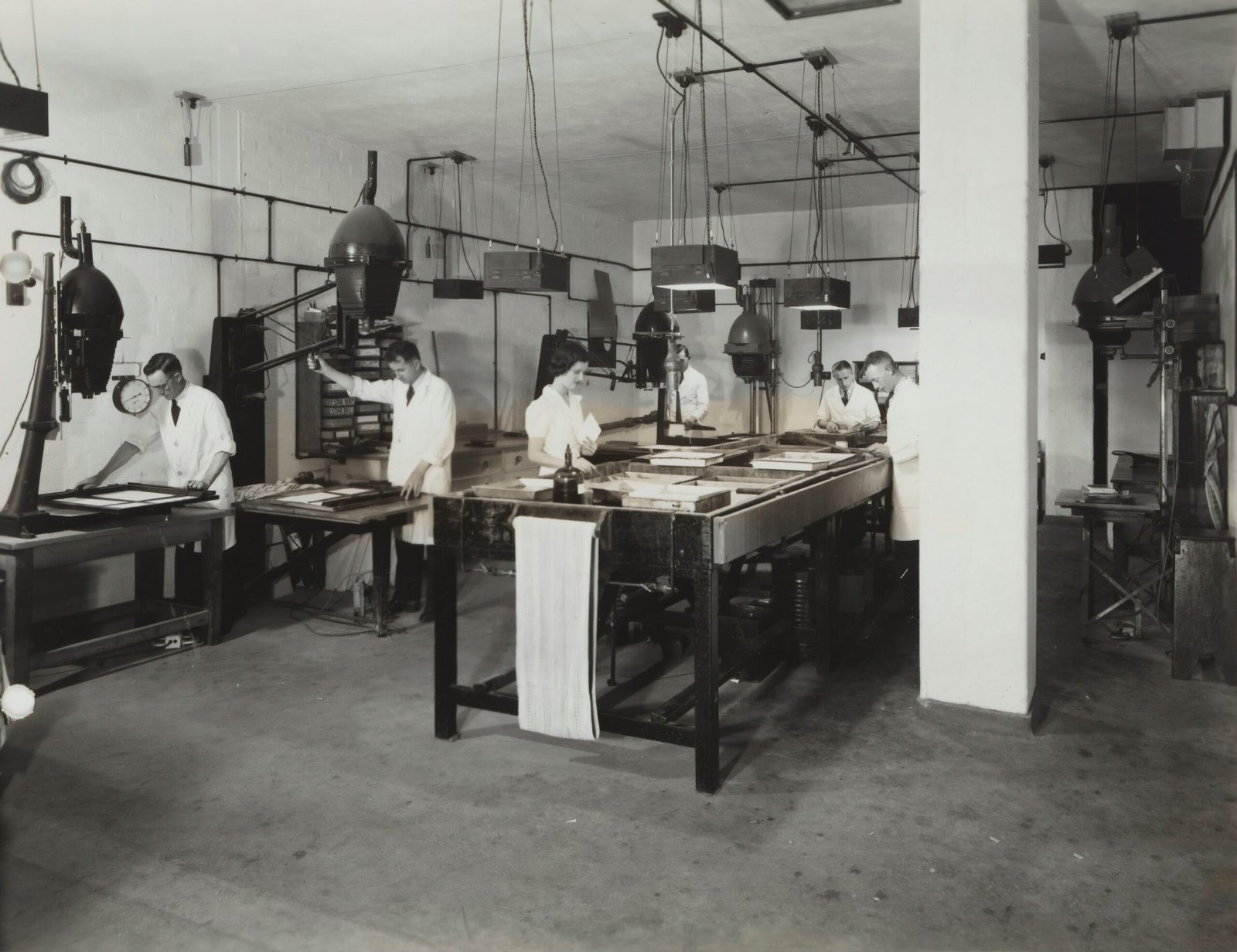


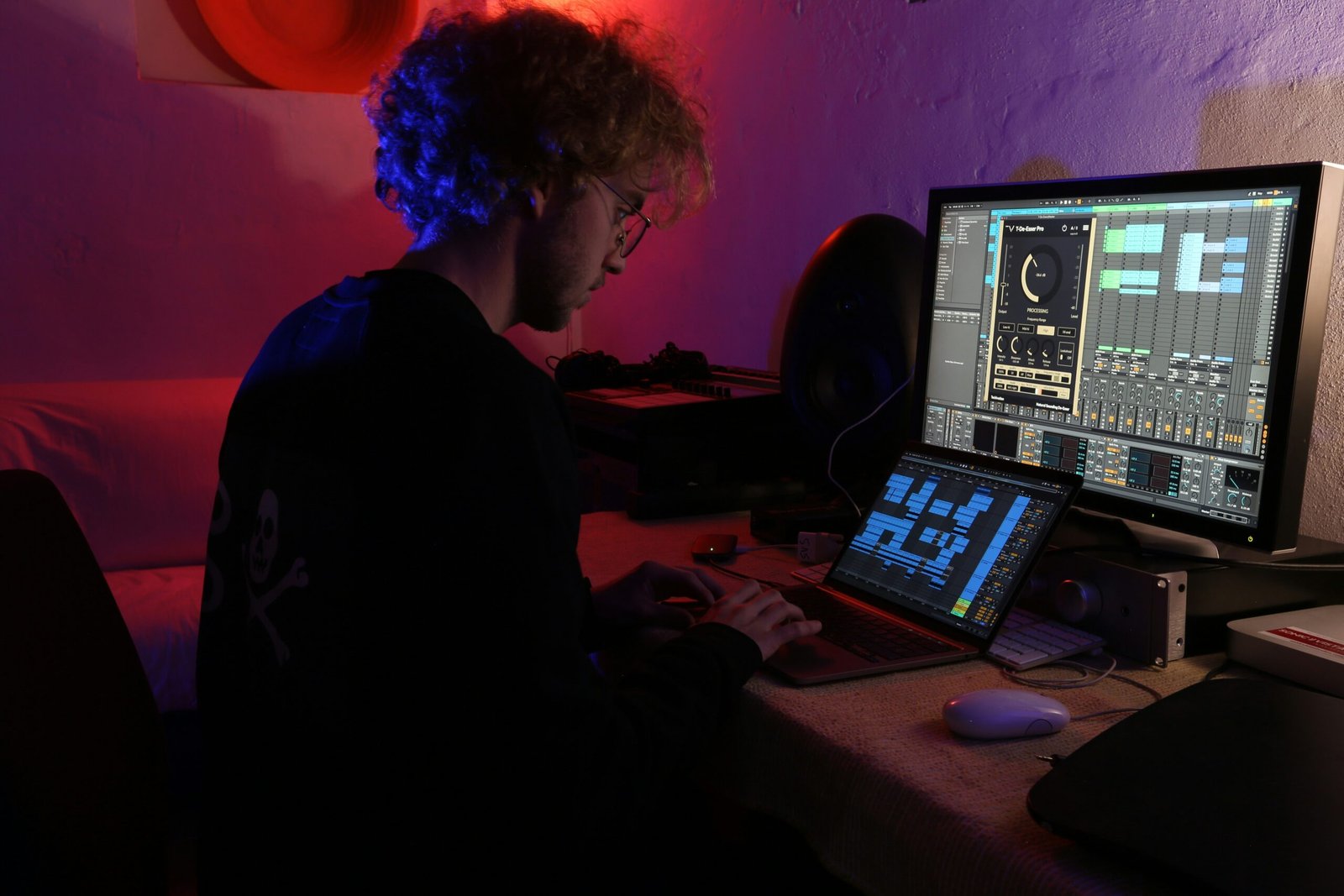

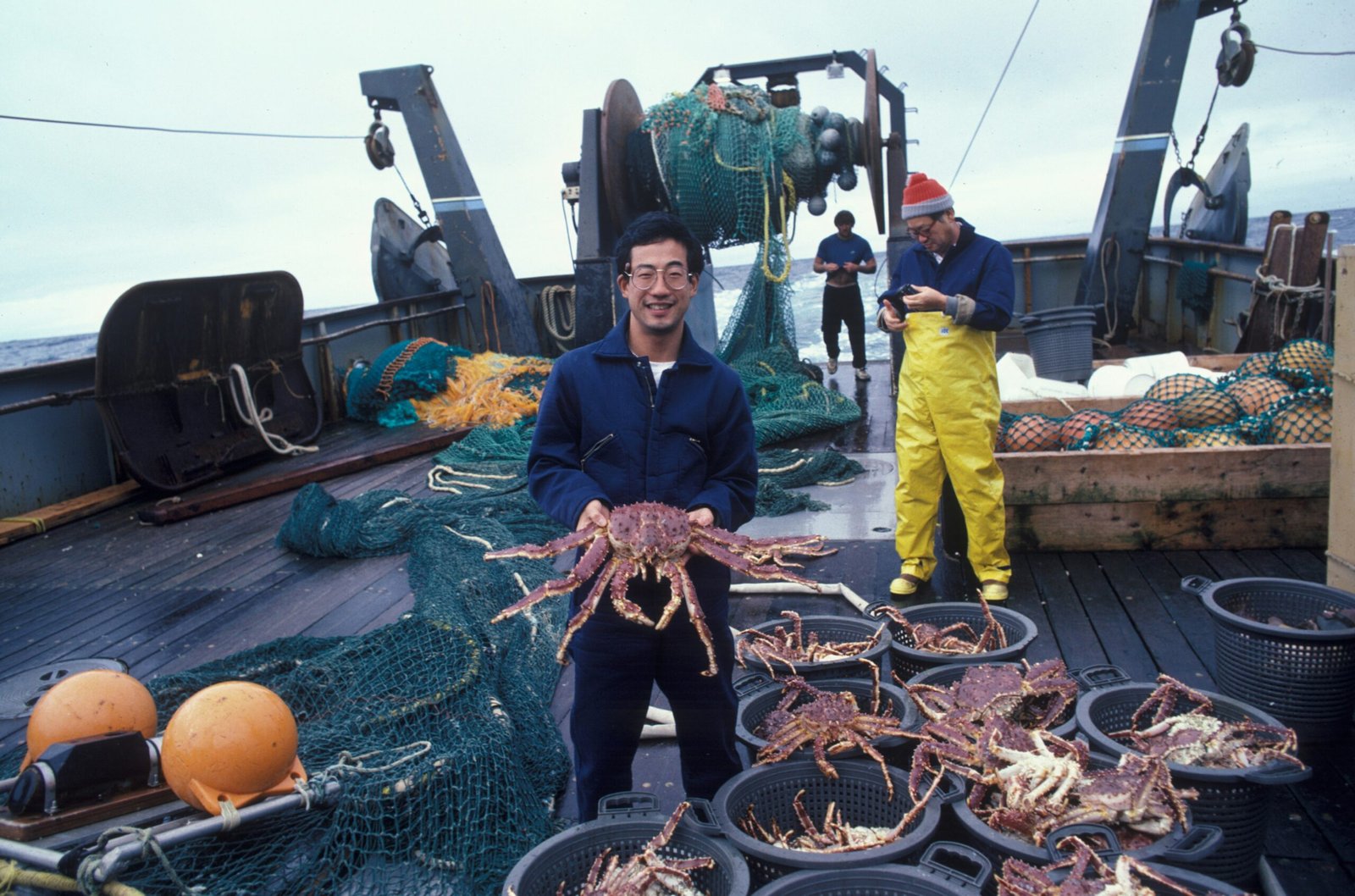

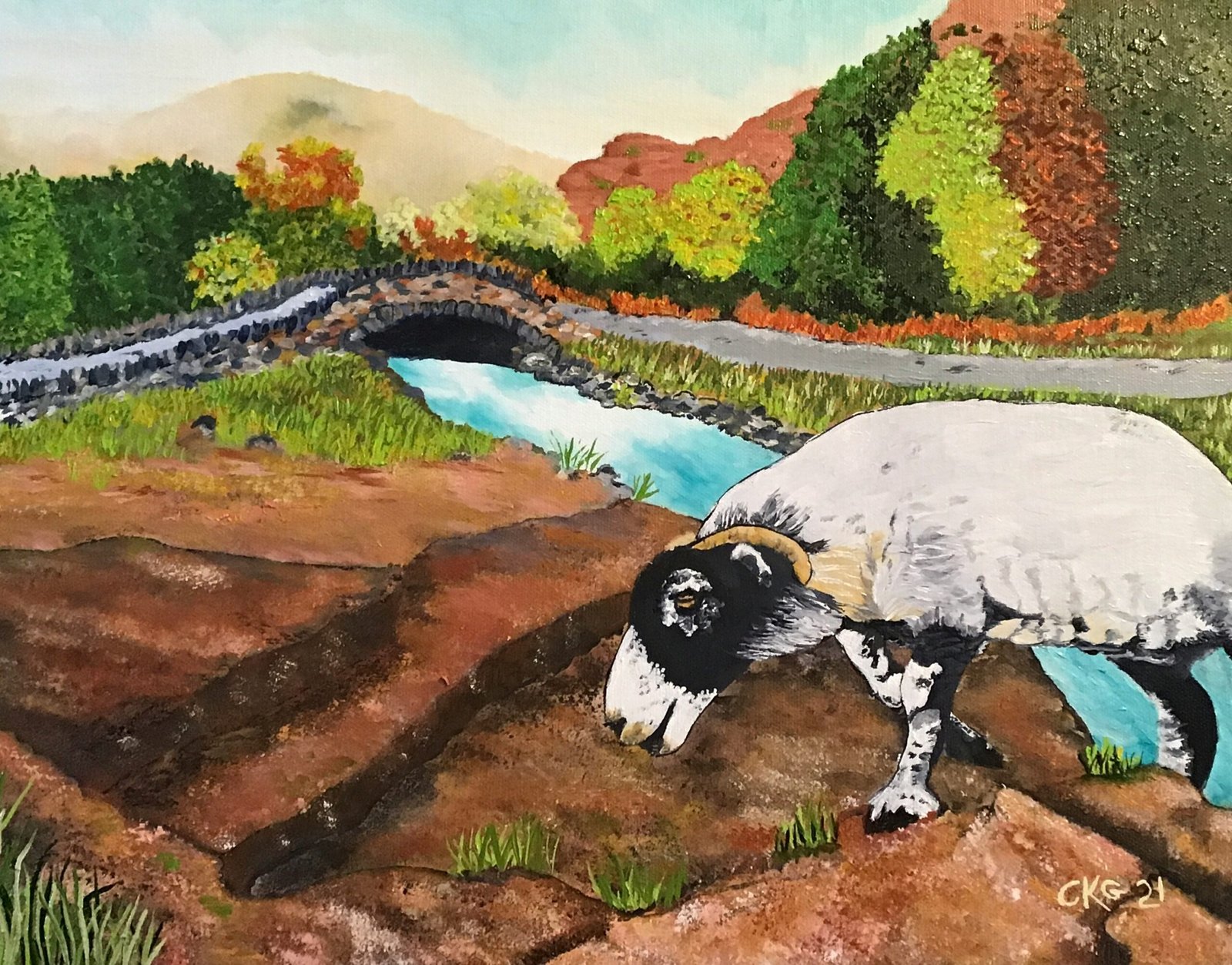
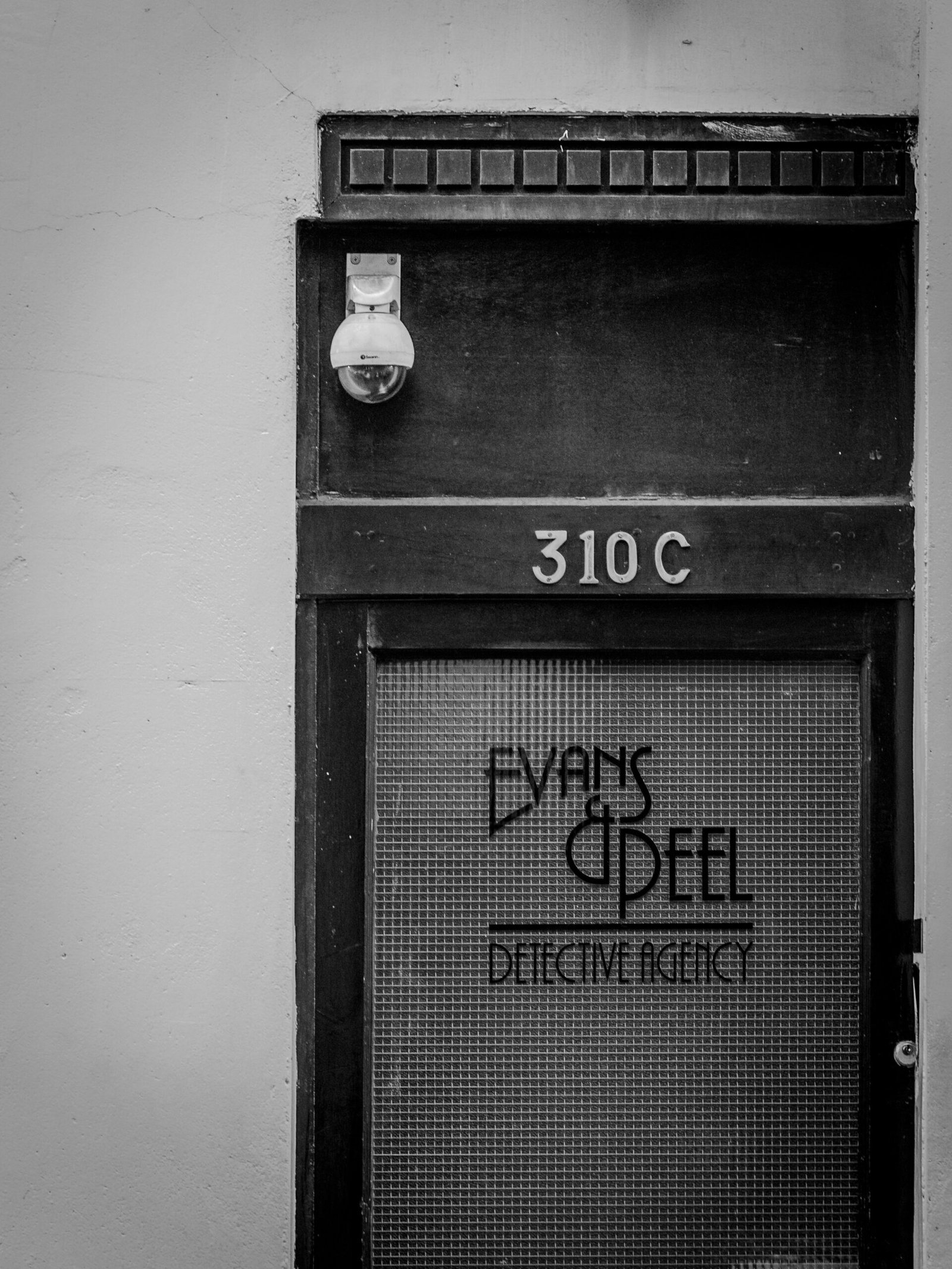






No Comments
Leave a comment Cancel